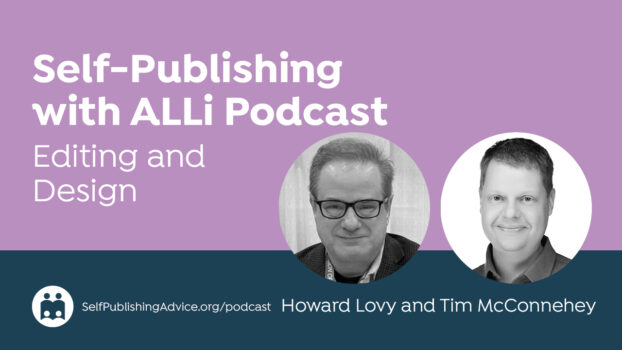At last week's IndieReCon conference, author, poet and campaigner Dan Holloway performed his new poem calling for social diversity in publishing. With his kind permission, we're reproducing it in the Opinion slot here today to share his moving and important message further afield. A recording of the performance will be available on this website a little later this month.
Because
Because every day a little girl, let’s call her Sarah,
Hears the world condensed into words
And falls in love with a possibility.
That she might fold her life into a gift of syllables and sentences
And hold it out
For all the sisters, misfits, lonely souls and drifters
To open and unfold towards a beautiful horizon they’d always thought hopelessly distant.
Because her parents see the way she looks and sigh
And go to bed and cry because they know
Tomorrow they take Sarah to a place every other child she knows believes is magic –
A bookshop.
Because they know when she reaches her beautiful black hands to the mirror of the shelf
Instead of herself
She sees my white hands reflected back
Because tomorrow’s books are written by the choices we make today
Their pages penned by voices we invite to stay
And voices that we cast away.
Because when we set your sights on our own freedom
The light you see at the end of the tunnel is just a metaphor
Systemically generated by the literary hegemony
To strengthen the advantages of an already charmed existence
To keep others at arm’s length and their chances at a manageable distance
Because what we call quality others call colony
Whose overlords behead the aspirations of others
With ceremonial swords
Of approving badges, nodding column inches, blogging and awards.
Because when we pick and choose the facts of writing right,
Dictate the tropes and tools of narrative exactitude
So Sarah loses if she enacts her life
Maybe the syntax we use is wrong.
Because if we want to uncage every song
Be fibres of a fabric where every thread belongs
It is our duty to take this microphone
And these tweets
And empty them of middle-aged white guys like me.
To hold the door as I withdraw
And Sarah takes the floor,
And unrolls a carpet woven with the warp of her words and the weft of her dreams
And waits with open pages
For all the sisters, misfits, lonely souls and drifters
As their lives unfold towards the heart-lifting, dream-shifting, gloriously glittering stage.
A moving appeal for greater social #diversity in #publishing by @agnieszkasshoes #IndieReCon Share on X





More elderly people need to be encouraged to tell their stories before they’re lost forever.
Publishers constantly feature works by young white women above all others…
It’s good, Dan, but it leaves out others who are also under-represented – the problem of what’s trending in the Market besides stuff by white guys – e.g. the small minority of novelists who are promoted by publishers, and prizes, and the vast number of us who are never heard of not only because we belong to obvious minority groups but because,maybe, our minority group isn’t ‘sexy’ – we aren’t ‘edgy’ … there’s a lot of inequality out there …
btw, can you explain the popularity of, say, HilaryMantel’s books? (I can’t …)
Of course it’s infinitely more complex! But after saying thank you and hello I had about 3 minutes, so it was a choice of being very broad and saying nothing of substance or being very specific and leaving a whole load out. I always prefer the latter approach because I think it’s much easier to build a meaningful picture by expanding out from a concrete nugget than to build a picture that’s real in any way when you start from a generalisation. I’d happily fill as much time as someone gives me – on this occasion I was given three minutes and filled it the best I could. Best of all, a panel, a session, a whole string of sessions to address diversity, with representatives from each group involved.
The only other point I’d make is that I did consciously choose to address the socio-political rather than the artistic aspect of diversity. I think personally that’s the more pressing issue even though I represent two if not three of the most invisible genres. Besides, Rohan had so eloquently addressed that aspect of the question in his talk and I wanted our talks to complement not reiterate.
Hilary Mantel, nope, sorry. I understand that historical fiction is a massive market, and I gather she does it very well, but even though I studied the period at school and University her books do absolutely nothing for me.